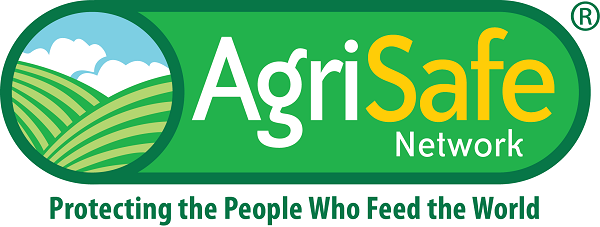AgriSafe Learning
Implementing Community-Led Interventions with Gulf Coast Seafood Workers
-
Register
- Non-member - Free!
- Member - Free!
Summary: The University of Texas Medical Branch conducted semi-structured interviews and observations with Gulf Coast shrimp fishermen to understand their healthcare experiences and needs as well as policies that are impacting their health. Community-based participatory research (CBPR), a relational model that values the participants as equal partners in research, dissemination, and implementation, guided the interviews. To address the lack of healthcare options for (im)migrants, and at the request of the seafood workers participating in the ongoing CBPR study, we successfully implemented and treated workers through a free mobile clinic. Many of these individuals had not been seen by a healthcare provider in years, highlighting the importance of community trust and rapport building when addressing interconnected health and safety issues. CBPR, when applied to high-risk occupational settings with underreached populations (e.g., (im)migrant workers), can improve health and prevent injury.
Objectives: At the end of this presentation, participants will be able to…
– Describe the healthcare experiences and needs of (im)migrant seafood workers
– Describe the principles of CBPR and how it can be applied to total worker health research
– Discuss the difficulties of CBPR and ways to ensure the community is equitably engaged in all aspects of research-to-practice partnerships
Intended Audience: Researchers, Practitioners, or Policymakers
Shannon Guillot-Wright, PhD
Assistant Professor & Vice Chair of Research and Health Policy, Dept of Family Medicine; Health Policy Research Director, Center for Violence Prevention, UTMB
Shannon Guillot-Wright, PhD is Vice Chair of Research and Health Policy in the Department of Family Medicine, UTMB. She also serves as Director of Health Policy Research in UTMB’s Center for Violence Prevention. Her program of research focuses on structural violence, with a particular emphasis on the use of research evidence to foster equitable policies. She has conducted photo-ethnographic fieldwork with Filipino migrant seafarers to understand the systemic and structural production of health inequities as well as an ethnography exploring the use of research evidence in the U.S. Congress. Currently, she is conducting fieldwork with (im)migrant seafood workers on the Gulf Coast, studying how work is a structural and social determinant of health. Dr. Guillot-Wright has published on structural violence, including social determinants of health, health policy, migrant health, and racial/ethnic health inequities in international and national journals and received research support from the CDC, Texas Medical Center's Health Policy Institute, the State of Texas - Office of the Governor, SW Ag Center, and numerous national Foundations. She was a selected artist for the National Academy of Medicine's Visualize Health Equity gallery and her work has been featured in the New York Times, National Public Radio, Houston Public Radio, Texas Monthly, TIME Magazine, and Houston Chronicle. She sits on the American Public Health Association’s Action Board as well as the Advisory Board for the Children’s Defense Fund – Texas. Dr. Guillot-Wright has her PhD in the Medical Humanities from UTMB, MA in Human Rights from Columbia University, and completed her postdoctoral training at the Edna Bennett Pierce Prevention Research Center at Penn State.
Key:
Quick Search
Technical Difficulties
Submit a help ticket if you need technical assistance.
Having Computer Issues? Please check your internet browser and security settings to allow permissions for this website. Browsers: Microsoft Edge version 40 or higher; Chrome version 60 or higher, Firefox version 50 or higher; or Safari version 10.1 or higher. We recommend using Google Chrome or Firefox as your browser.
